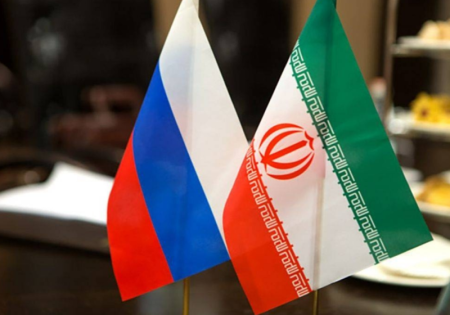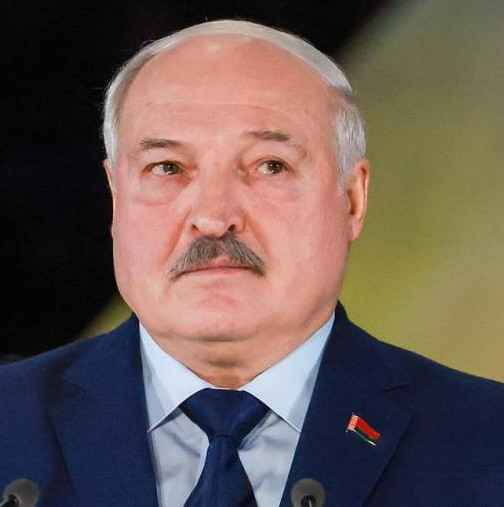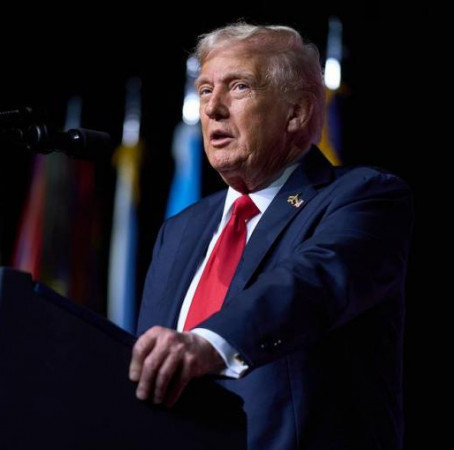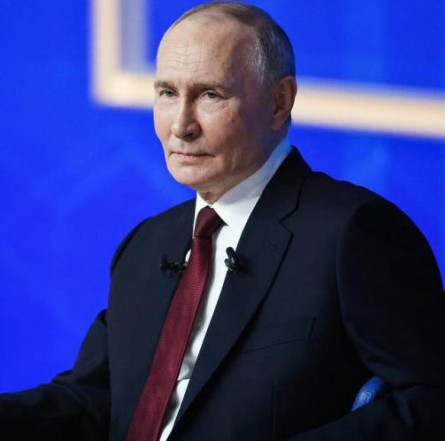
On January 17, Moscow saw the leaders of Russia and Iran finally sign a Comprehensive Strategic Partnership Agreement.
The document designed for 20 years with automatic renewal for another five contains 47 articles and will replace the one signed in 2001. Work on coordinating the new text got underway in 2022. It was planned to sign it ack then, but the process was postponed over the tragic death of Iranian President Ebrahim Raisi in a plane crash. The option of "gingering up" the document was considered last October at a meeting between Russian President Vladimir Putin and his newly elected Iranian counterpart Masoud Pezeshkian at the BRICS summit in Kazan. However, it was decided to reschedule the signing ceremony until the Iranian leader’s separate visit to Moscow.
The Russian and Iranian leaders almost concertedly described the importance of the document signed as it "will give impetus" to the development of comprehensive cooperation between the two countries and lay ground for their mutually beneficial relations in foreseeable future. That's the way it really is. In 2023, the trade turnover amounted to 340 billion rubles, and in the ten months of last year it grew by 15.5 percent. At the same time, over 95 percent of all the settlements were conducted in national currencies alone.
The agreement between Moscow and Tehran covers various areas, from economic cooperation to political and intergovernmental relations, including bilateral and multilateral projects. Apart from international trade, interaction in energy, the peaceful atom use, information and cyber security, environment, the use of Caspian Sea riches, the fight against terrorism, organized crime and illegal money laundering, the document provides for basic defense agreements.
It reads as follows: "Should either party to the Treaty be subjected to aggression, the other party to the Treaty shall lend no military or other assistance to an aggressor that would facilitate the continuation of the aggression..." As we can see, the document excludes direct or indirect engagement in repelling an armed attack against any of the parties. This is how the document conceptually differs from a similar agreement signed with the DPRK.
Notably, the Iranian leadership has retained the traditional non-aligned status, and even in the face of external threats, Iran does not envisage forming a military alliance with the contracting party in its Comprehensive Strategic Partnership Agreement with Russia. Moreover, the agreement timing was not chosen by chance: three days before the new US president officially came to power in Washington. Thus, Moscow and Tehran have demonstrated their strategic opponent the utterly defensive focus of the agreement’s military component.
One may safely assume that there are military contracts executed by the parties, as well as secret articles of bilateral military and military-technical cooperation. The Russians and Persians intend to step up military exercises and other joint triphibious activities, expand the exchange of military experience, and increase the number of Iranian command personnel and technical specialists trained in Russian military schools.
The agreement provides for exchanging intelligence data to strengthen both countries’ internal security defense capabilities, implementing coordinated special measures in combating terrorism, drug trafficking and other anti-state actions.
Interestingly, the agreement signed in Moscow is to a grater extent aimed to intensify and significantly expand trade and economic cooperation between the parties, that is what Russia and Iran most urgently need at the moment. In an interview with TV host Vladimir Solovyov, President Masoud Pezeshkian said: "The enemy should have no illusions that we can easily be defeated... If other countries attack our nations, based on what is written in the treaty, we commit to not participating in operations that assist the aggressors."
"There are also macro-level agreements," the details of which are to be determined by "further processes and arrangements," the Iranian leader added.
Well, both presidents know better in what capacity military cooperation has to develop for the time being. Perhaps one should not rush fences and annoy the enemies.


